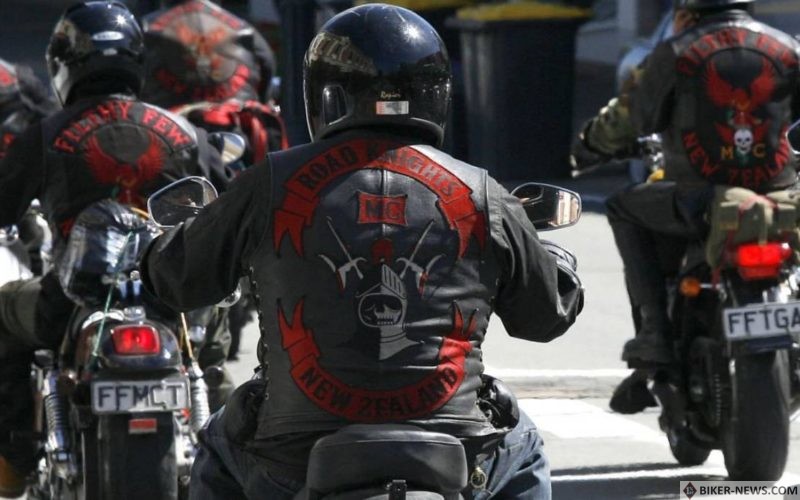Police secretly raided a drug stash buried in the bush and then made it look like it was the work of a pest controller.
Karl Dollman trudged through the bush to his secret cache of drugs.
It was early in the morning and pouring with rain so the then 75-year-old knew the chances of anyone seeing him walking through the Otatara Scenic Reserve, not far from the center of Invercargill, were remote.
Dollman was known to Inland Revenue as a superannuant with no other taxable income. Within Southland’s underworld, he was the father of a senior Road Knights club member and a significant supplier of cannabis.
Several days earlier, police had raided the home of Dollman’s daughter looking for drugs. Much to his relief, they’d missed a significant stash in her garage, which he’d collected soon after and hidden in the bush.
Dollman and his son had concealed drugs in a white bucket buried near a ponga tree in the reserve, a short walk from Awarua Rd, for more than a decade.
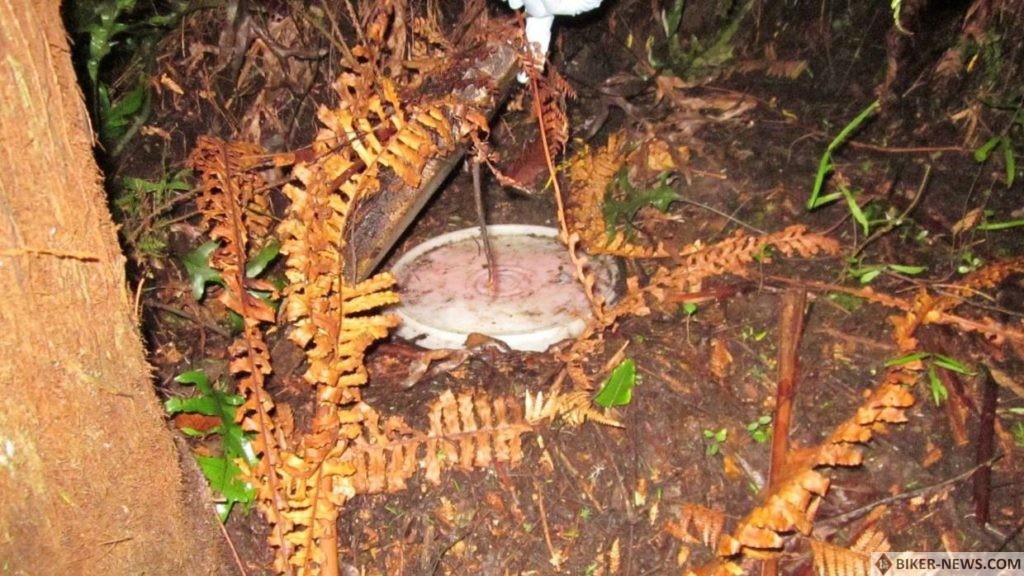
That sodden morning – July 25, 2013 – something was out of place. The bucket normally sat in the ground, covered by dirt and a piece of timber. Now, a white rodent trap was sitting on that exact spot. Dollman put on a pair of gloves and carefully lifted up the piece of timber. The bucket was gone.
Dollman couldn’t believe his bad luck. It looked like a pest controller had stumbled upon the stash while planting the trap.
He went home empty-handed and told his then 42-year-old son Christian the bad news.
“Someone’s having a good Christmas,” Christian Dollman, a father of four who’d spent time as the president of the Road Knights’ Invercargill chapter, told several people at his house later that night.
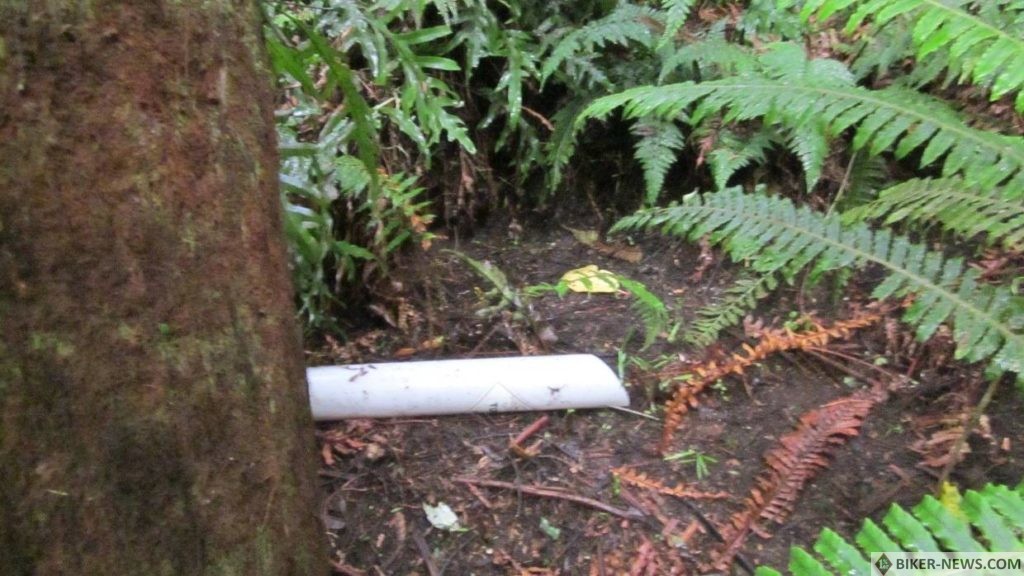
“Hopefully he’s not one of these honest c…s and takes it to the f…ing Federales, otherwise they might get some prints off it.”
It would be several months before the Dollmans learned it wasn’t a pest controller who’d stumbled upon their drugs.
Police had been following their movements closely.
A tracking device fixed to Karl Dollman’s car led detectives to the Otatara Scenic Reserve after he’d retrieved the drugs from his daughter’s garage on July 23.
A police dog helped sniff out the hidden stash, which included cannabis and benzylpiperazine (BZP) with an estimated street value of $23,690.
Police didn’t want to compromise an ongoing investigation – dubbed Operation Crimson – so they staged the scene to make it look like a pest controller had found the bucket of drugs.
A listening device planted at Christian Dollman’s house picked up his expletive-ridden conversation about the costly disappearance two days later.
Documents released to Stuff in the past fortnight after a recent court ruling reveal the background to Operation Crimson, a year-long police investigation targeting the illicit activities of people linked to the Road Knights.
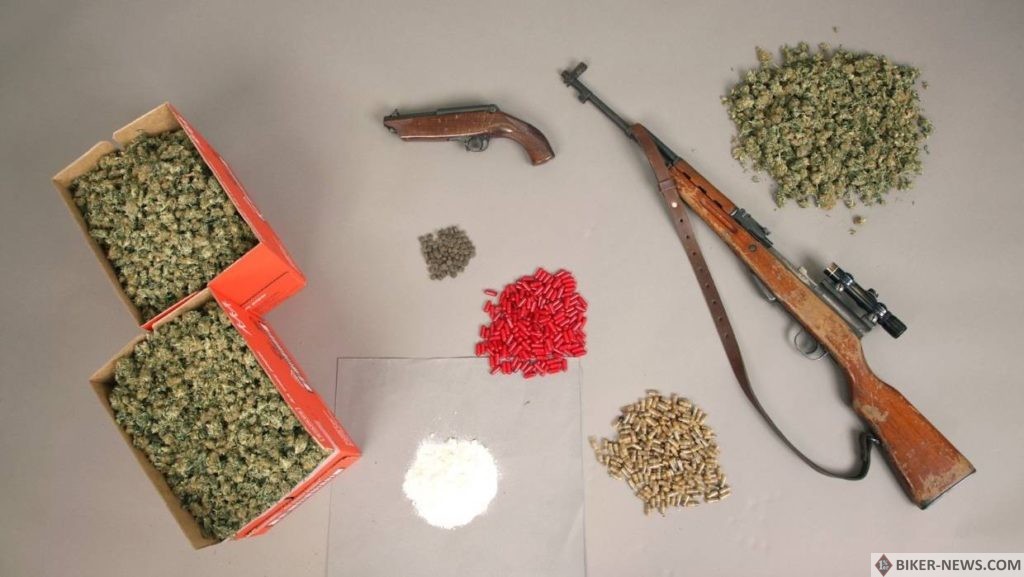
The Road Knights, an outlaw motorcycle club established in Timaru in 1979, was the dominant club in Invercargill at the time. Its headquarters in Balmoral Drive had previously been targeted in an arson attack by Mongrel Mob members.
Operation Crimson, a largely covert investigation, relied on information gathered from historic text messages, tapped phone calls, listening devices planted in the homes of two senior gang members and surveillance of various people.
It quickly became apparent that members and associates of the Road Knights were heavily involved in procuring, cultivating and supplying drugs.
The Dollmans were identified as significant suppliers of cannabis in Southland.
They sourced some of the drugs from an associate, Dirk Ladbrook, who ran a large-scale indoor grow that consumed nearly every room of the Invercargill rental property where he lived. Police estimated the potential annual yield of the operation, which involved dozens of cannabis plants, was up to $428,000.
Christian Dollman and two other men – Kerryn McDonald and Ryan Kitto – were involved in the importation of pentedrone, an ecstasy analogue, sourced from a pharmaceutical company in China.
Customs intercepted three packages of pentedrone with a combined weight of 726 grams at the NZ Post International Mail Centre in Auckland in July 2013. The drugs, which had a conservative estimated street value of about $110,000, were linked to Dollman, McDonald and Kitto, the court documents say.
When Operation Crimson terminated in November, police searched 14 properties in Southland and Central Otago and arrested numerous people.
A media statement said they’d delivered a “king hit” to the Road Knights and identified a “crime family” who “appear to have made a substantial living from the proceeds of illegal activities”.
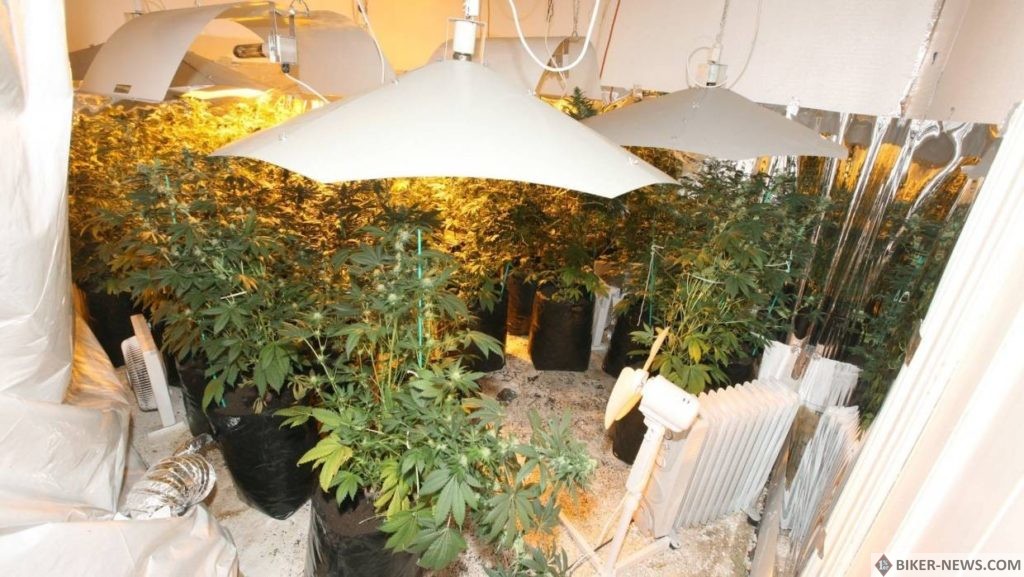
Karl and Christian Dollman later admitted a raft of drug-related charges and were jailed for three years and seven months, and four years and eight months respectively.
Other key players arrested as part of the investigation, like McDonald, Kitto and Ladbrook, also received prison sentences.
Police’s asset recovery unit took civil action against seven people – the Dollmans, McDonald, Kitto, Ladbrook and two others – to recover some of the more than $1 million the group had allegedly profited from the drug dealing identified by Operation Crimson.
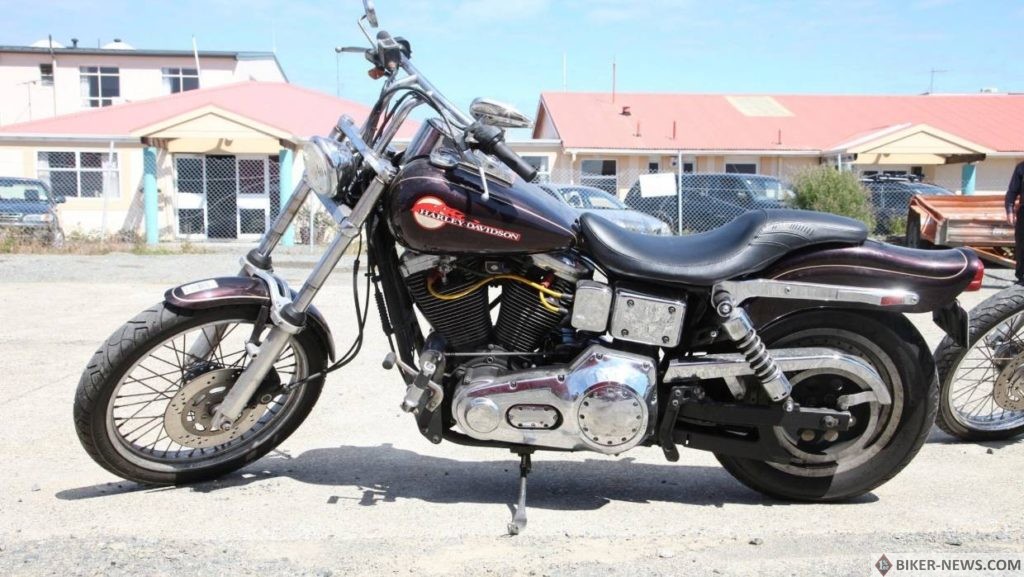
They seized seven houses, three Harley Davidson motorcycles and nearly $40,000 in cash. The last of the assets were forfeited in May under the Criminal Proceeds (Recovery) Act 2009. The legislation allows police to take assets from a person equivalent to the financial benefit they derive from crimes.
The Government wants to confiscate $500m in assets from gangs and criminals by 2021. The target was set in 2017. Since then, according to figures released this week, police have restrained assets worth $139.2m.
